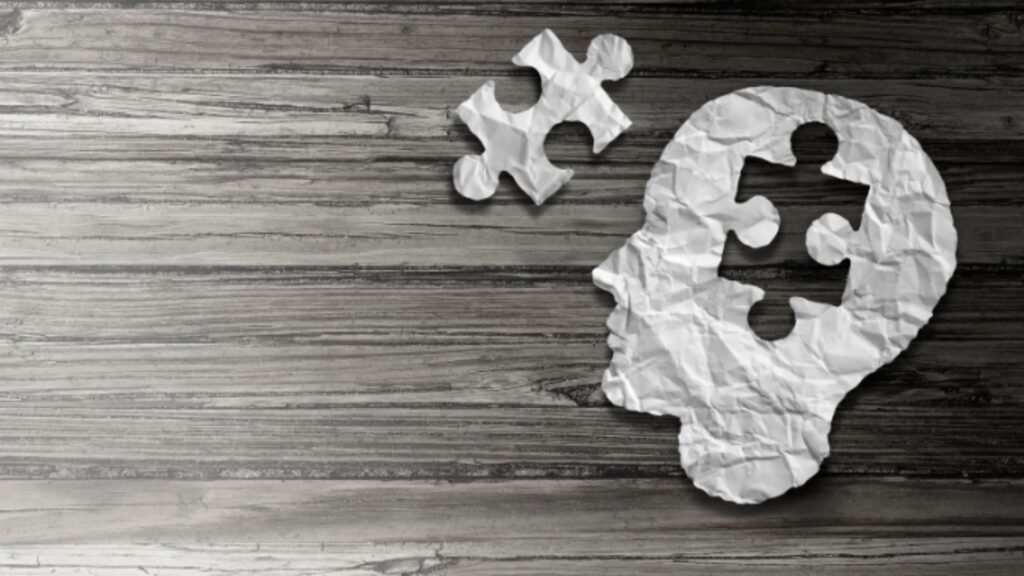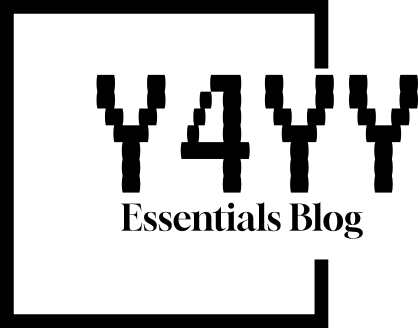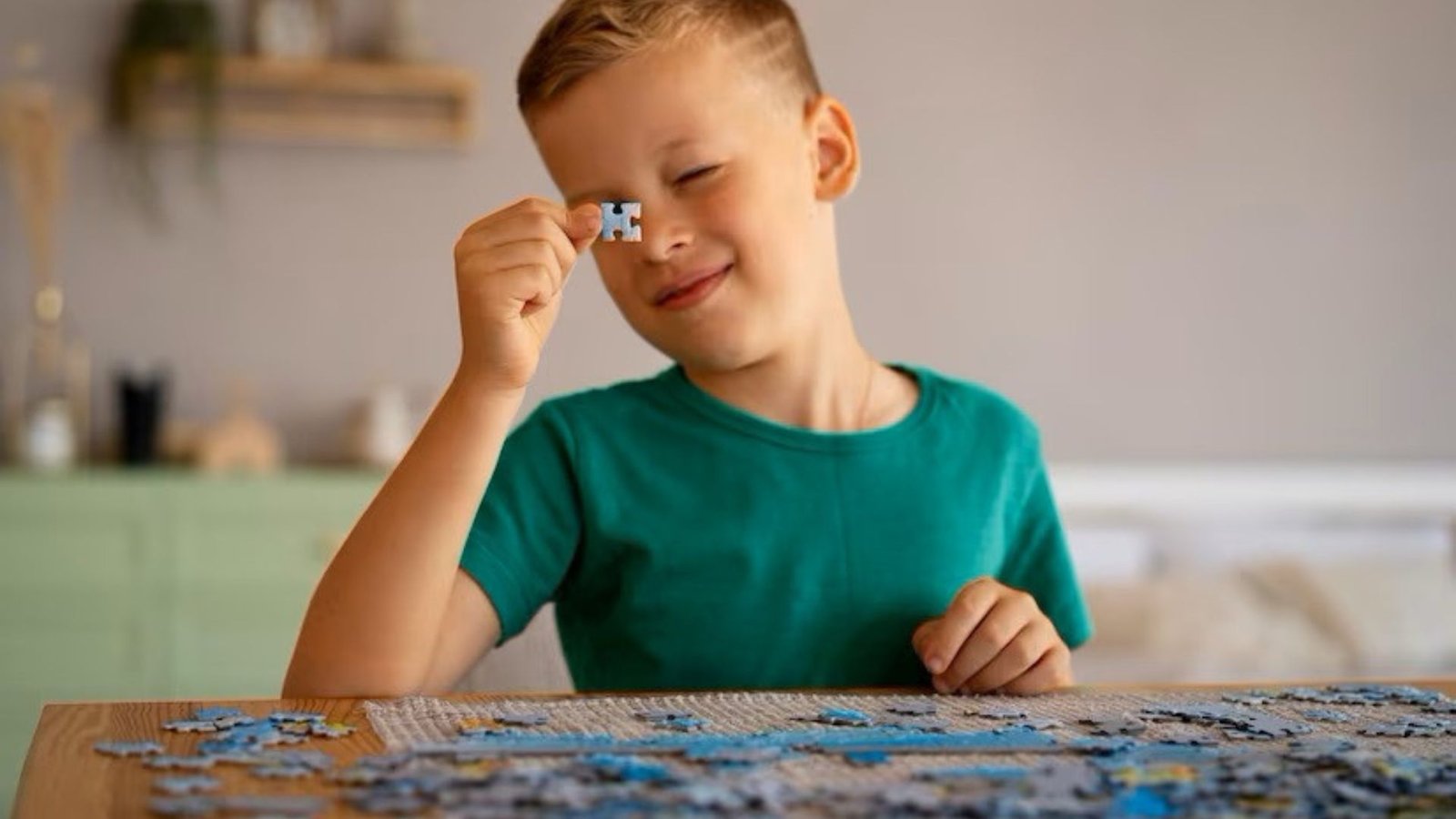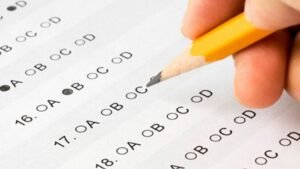Jigsaw puzzles have long been enjoyed as a relaxing and engaging pastime. However, beyond their entertainment value, they can offer significant cognitive benefits. In particular, jigsaw puzzles have been shown to improve focus and concentration. These benefits extend to both children and adults, making them a valuable tool for enhancing mental clarity, sharpening attention, and boosting overall cognitive function. In this article, we’ll explore how working on jigsaw puzzles can help improve focus and concentration, and why this simple activity is a powerful exercise for the brain.

Encouraging Sustained Attention
The Need for Focus
Solving a jigsaw puzzle requires sustained attention to detail. As you work on a puzzle, you need to focus on finding pieces that fit, matching colors and patterns, and recognizing subtle differences. This encourages your brain to remain engaged, which is essential for building concentration skills.
Creating a Flow State
Jigsaw puzzles also encourage a “flow state,” which is a psychological condition where you’re completely immersed in an activity, feeling both focused and energized. This state is typically associated with peak performance and high productivity. When you immerse yourself in a puzzle, the sense of challenge and progress keeps you motivated, helping you concentrate without distraction.
Improving Visual-Spatial Awareness
Building Visual-Spatial Skills
One of the primary cognitive benefits of solving jigsaw puzzles is the improvement in visual-spatial awareness. As you work on a puzzle, you’re constantly scanning the pieces, visualizing how they will fit, and adjusting your strategy accordingly. This process exercises your brain’s ability to think in terms of space and arrangement, which is crucial for tasks that require attention to detail, such as reading, navigation, and even certain types of problem-solving.
Training the Brain
Jigsaw puzzles force your brain to think about how pieces relate to one another spatially. As you begin to see the bigger picture, you’re developing stronger visual memory and the ability to maintain focus on your task. Over time, your ability to concentrate on visual patterns and complex spatial arrangements will improve.
Pattern Recognition
The act of searching for matching pieces in jigsaw puzzles also strengthens your pattern recognition abilities. This skill is important for honing focus, as it helps your brain identify important details while blocking out irrelevant distractions. This process is akin to enhancing your ability to concentrate on key aspects of a complex task.
Enhancing Short-Term Memory
Memory and Puzzle Solving
Solving jigsaw puzzles is an excellent workout for your memory. You constantly need to remember which pieces you’ve already tried and where they belong. This repetition helps build short-term memory, improving your ability to focus and retain information.
Building Cognitive Connections
As you sort through pieces, you’re creating mental connections between different elements—colors, shapes, and patterns—which helps strengthen your brain’s memory capacity. This ongoing practice of memory retrieval not only boosts focus but also enhances your ability to concentrate on tasks requiring detailed information.
Recalling and Reusing Information
Jigsaw puzzles encourage the brain to recall information quickly. After recognizing patterns and piece placements, your brain retains this information, making it easier to work on subsequent sections of the puzzle. The mental practice of recalling and reusing information builds your focus and concentration over time.
Conclusion
Jigsaw puzzles offer much more than simple entertainment—they’re powerful tools for improving focus and concentration. Whether you’re solving them as a hobby or using them as a cognitive exercise, puzzles help engage the brain, improve visual-spatial skills, build memory, reduce stress, and teach patience. By regularly challenging yourself with jigsaw puzzles, you can enhance your attention span, boost mental clarity, and develop problem-solving skills that carry over into other areas of life. So the next time you’re looking for a way to improve your concentration, consider reaching for a jigsaw puzzle—your brain will thank you!



